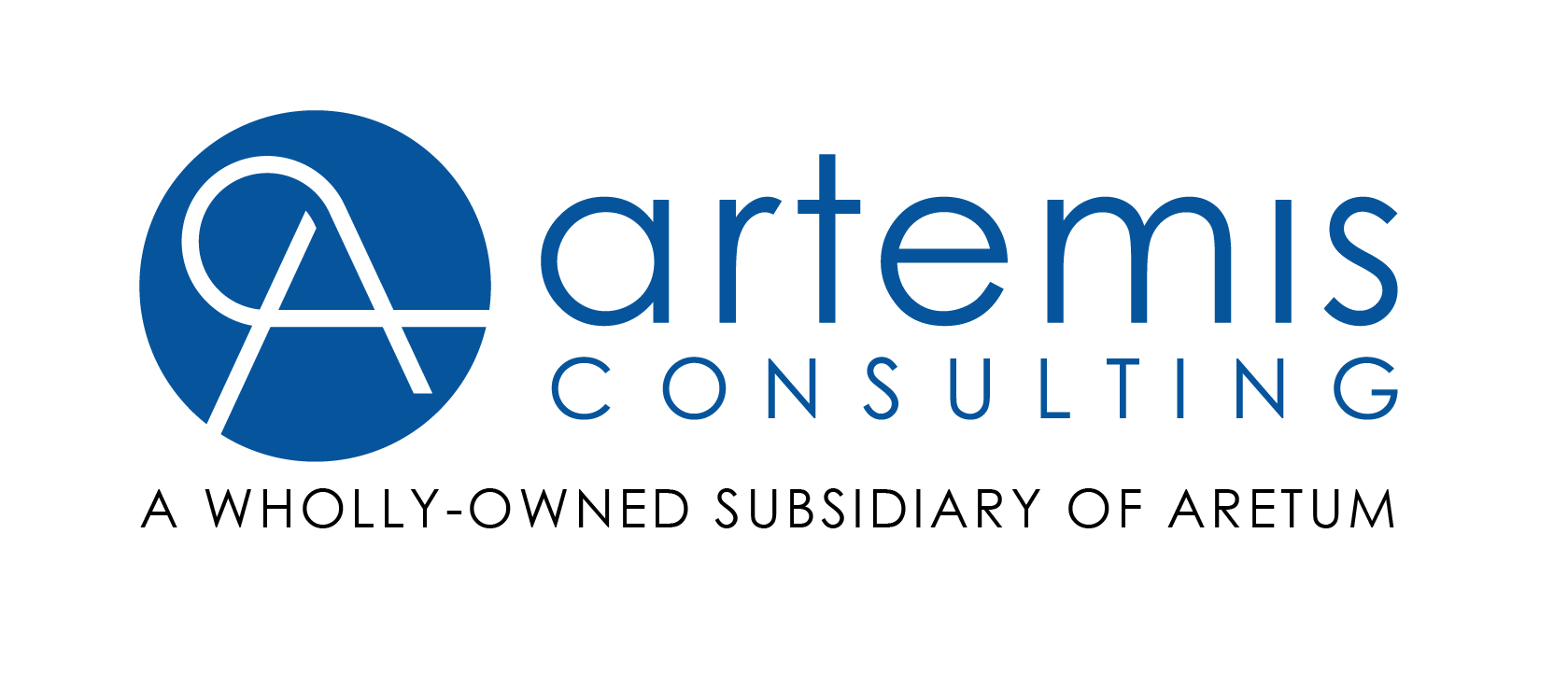
The tech world is especially merciless when it comes to applications which do not deliver. The abundance of options which are available right across the spectrum of the web development life cycle ensures that underperforming or simply ineffective products are quickly dropped from use. Compare this to successful applications, which grow in popularity and use such as WordPress.
Since its creation in 2003, WordPress has evolved to become a major content management system, with the platform responsible for millions of blogs and websites. So how did WordPress become so prevalent?
WordPress has endured and continues to grow. As an open source product, it has an advantage over rival products which cost, but it is perhaps the community-centric nature of WordPress that enables it to adapt and stay relevant in the ever-evolving technical landscape of the web.
The core developers responsible for WordPress continually enhance the product with new functionality and fixes. This should not be underestimated in importance in maintaining WordPress’s worth; responding to user’s needs and countering security issues. The regular upgrades to WordPress are largely straight forward to install, which to its credit keeps the bar low in terms of technical savvy required to administer a WordPress site. Indeed, novice users are not overwhelmed or deterred from the platform. WordPress justifiably boasts about its ‘famous five minute install‘, which is not threatening in complexity, and will get users up and running quickly.
Whilst WordPress works fine ‘out of the box,’ it also provides the ability to extend functionality via plugins (free or commercially available). If there is not a plugin available to suit your needs, existing plugins can be tailored, or custom plugins can be created as required. Plugin authors should maintain their code, to ensure that they are compatible with the latest versions of WordPress and php, as well as rectifying any security concerns that may become apparent over time. Frequent updates may seem like an encumbrance upon the user, but it could save huge frustrations if something suddenly breaks on a site because a Plugin uses legacy php functions which are deprecated or even removed.
The community around WordPress is without question one of its great strengths. Users can contribute to WordPress, for example by volunteering to test release candidates, report bugs, or even fix bugs which have been identified. This collaborative, community-driven approach has certainly helped to improve the product. Giving users an active say, and opportunity to contribute code has promoted a team spirit that is very strong; as evidenced by the numerous forums which provide detailed support on all aspects of WordPress, from basic to advanced.
The ease with which WordPress can be used to create and maintain a blog or website is hugely appealing to novice and professional developers alike. Whilst there are competitors (such as Joomla and Drupal) which are not without their strengths, WordPress endures and continues to grow; thanks to its usability, easy customization and active and skilled support community. WordPress is a proven winner, whose hegemony is unlikely to be challenged anytime soon.
